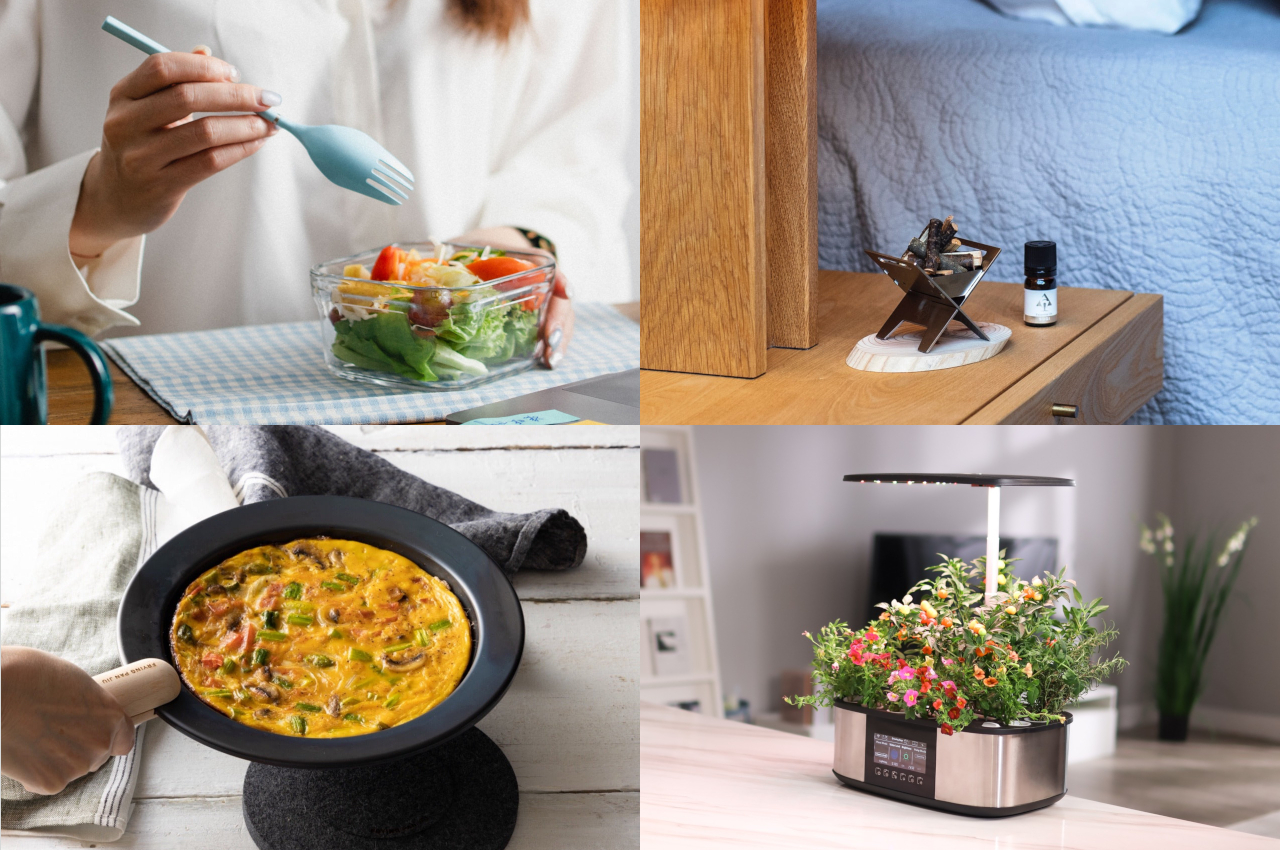
As we spend plenty of time indoors, there has been a significant shift in how we live. Therefore, it is essential to transform our homes into healthy, toxin-free, and safe havens. Unfortunately, different types of toxins present in the indoor air tend to harm and have adverse effects on the health and well-being of its occupants in the long run. Here are some tips to combat pollutants and reduce our exposure to them. Although it is impossible to create a chemical-free home overnight, with little effort, we can have a more sustainable lifestyle, eliminate chemicals from our day-to-day life and strive towards creating a healthier lifestyle.
1. Avoid Volatile Organic Compounds or VOCs
Volatile organic compounds are gases that can escape from certain materials and finish into the surrounding air and may adversely affect our health.
- VOCs are commonly found in products that we use on a day-to-day basis. They are present in paint, air fresheners, floor cleaners, wood preservatives, carpets, adhesives, wall coverings, and so on.
- It is highly recommended to read the label before purchasing new things and opt for products with low VOCs.
- Go for zero VOC wall paints, as most paints, stains, thinners, and pressed wood furniture emit dangerous toxins benzene, toluene, xylene, and methylene chloride. These toxins form a major class of indoor air pollutants, as they tend to emit toxic gasses for months or years, causing irritation and health problems.
- Invest in wooden furniture or glass and metal pieces that emit low VOCs. Plywood, pressed wood, particle board, and medium-density fiberboard used in most furniture today are generally treated with formaldehyde. It is a suspected carcinogen that emits toxic fumes for as long as five years.
- Avoid using non-stick Teflon cookware as it comprises Perfluorinated Chemicals (PFCs). When those pans get scratched, the chipping of the coating can get released into our food. In addition, Teflon tends to off-gas at a high cooking temperature and releases dangerous fumes when overheated. Use safe options like stainless steel, iron, glass, and ceramic baking dishes.
- Say no to plastic shower curtains, as they release a lot of VOCs. We can replace this with a PVC-free or vinyl-free shower curtain. It is better to install a glass shower panel and use silicone mats instead of vinyl bath mats.


Click Here to Buy Now: Iron Frying Plate ($69)
2. Reduce Plastic
Plastic is dangerous as it is non-biodegradable, does not break down, and harms the planet. In addition, plastic packaging is unstable, and plastic can easily migrate into food or drink.
- Replace plastic containers with glass jar containers as they are easy to clean, and it is easy to see the contents inside. Glass can be used for heating food inside the microwave. Keep in mind that even BPA-free plastic can leach harmful chemicals into the food and contaminate it when heated.
- Another practical kitchen alternative is to replace plastic wrap with beeswax wrap.
- Consider bulk buying in refillable containers and reusable bags for grocery shopping.
- Swap single-use plastic utensils with steel cutlery and replace plastic spatulas with wooden options.


Click Here to Buy Now: Sustainable Cutlery Set ($49)
3. Bring in Maximum Light and Ventilation
Good airflow and ventilation are one of the simplest ways to create a healthy home.
- Regularly open the doors and windows daily to eliminate indoor air pollutants and bring in the natural freshness of the outdoors.
- It is a great way to eliminate odors, water vapor, and pollution and replace it with fresh air.
- Install exhaust fans in the bathroom, kitchen, and storerooms, as they help eliminate trapped smoke and moldy air.
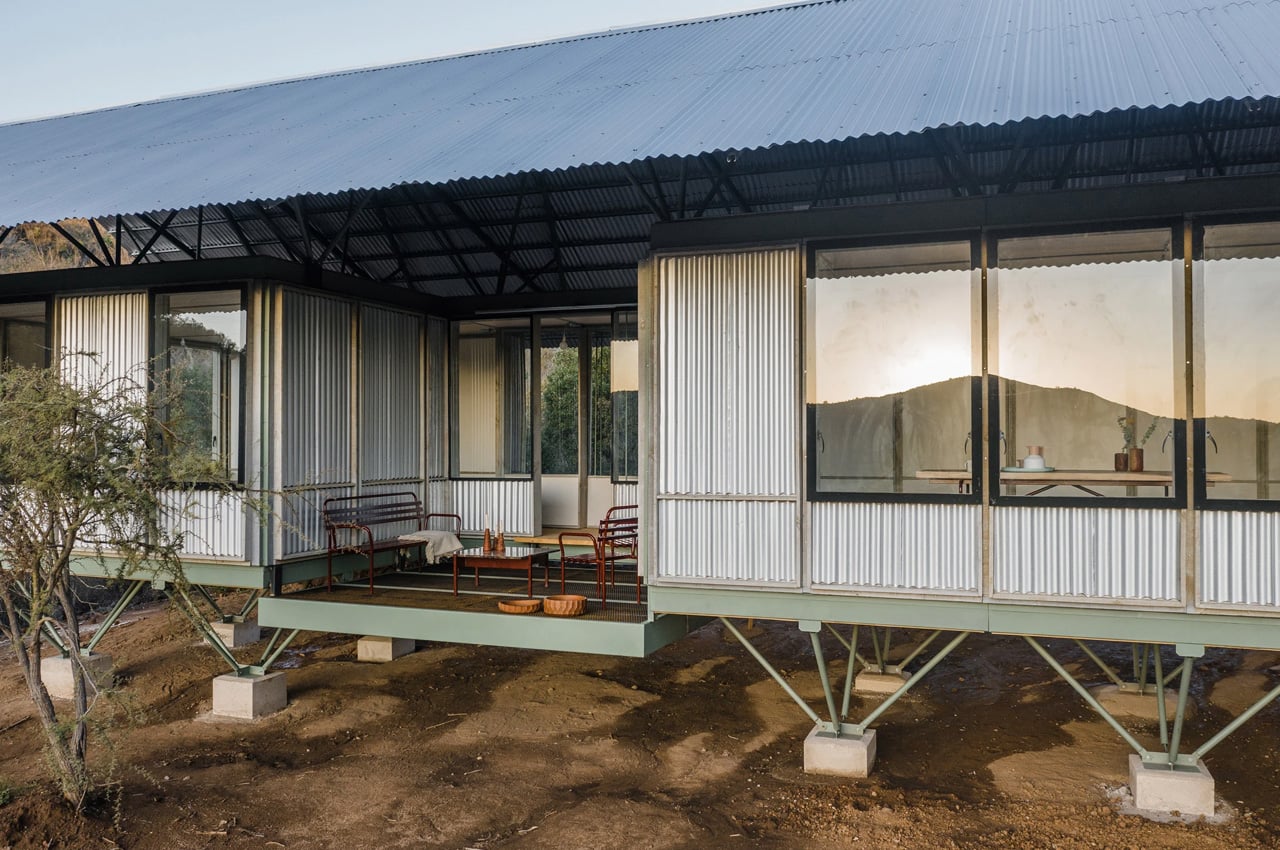

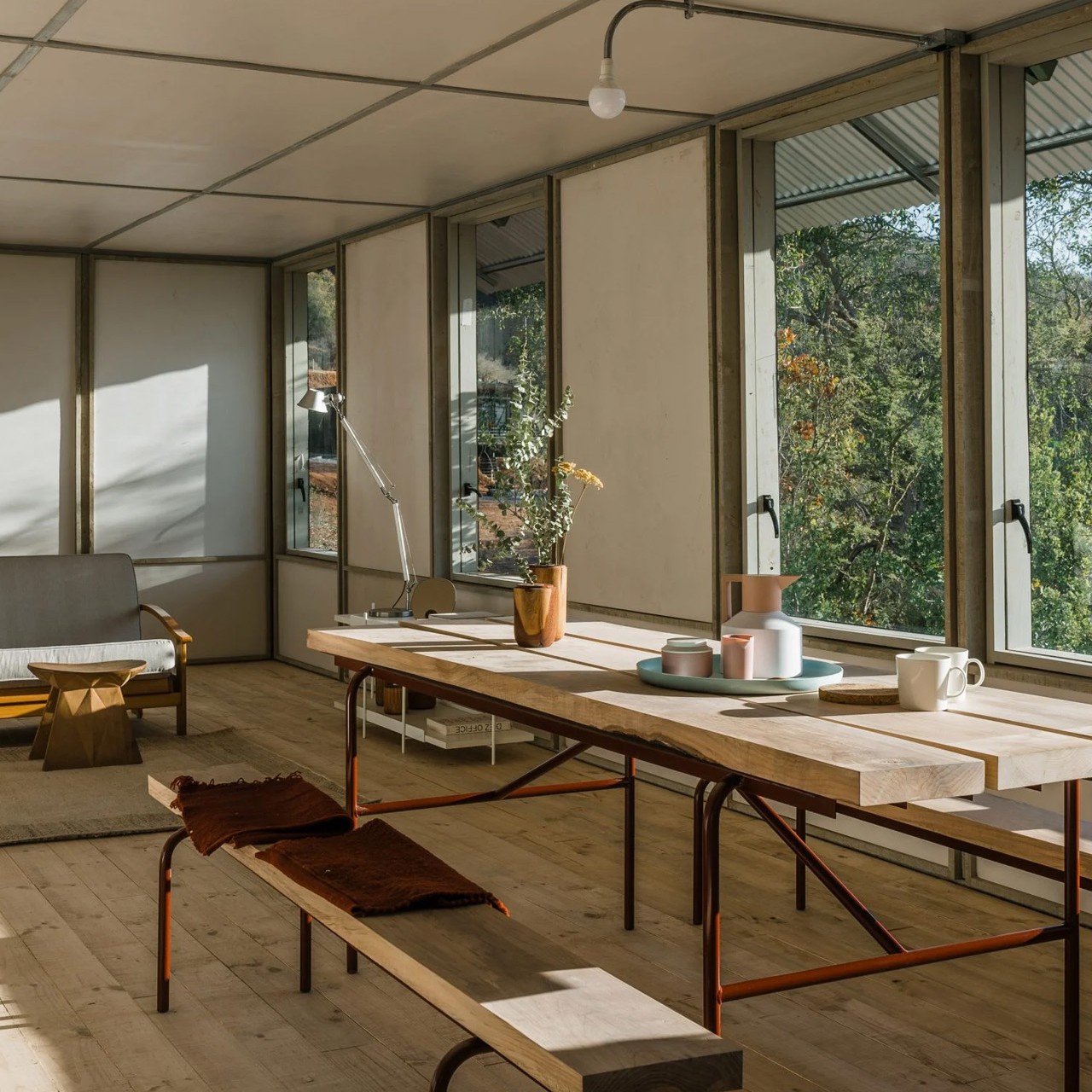
Designer: Ignacio Rojas Hirigoyen Architects and The Andes House
4. Invest in HEPA Filters
Ensure that all the home appliances like vacuum cleaners and air purifiers have HEPA (high-efficiency particulate air).
- A vacuum cleaner is efficient in trapping air pollutants, allergens, and dust particles and purifying the air from harmful particles. Note that dust comprises dust mites, and chemicals tend to latch on the dust.
Tip: Have a shoe-free home and place a doormat at the home’s entrance so it can form the first line of defense. The dirt from shoes is full of dust and bacteria, so one must always take off shoes at the door and use different footwear indoors.
- Air purifiers effectively eliminate dust, mold, formaldehyde, pet dander, and pollen.
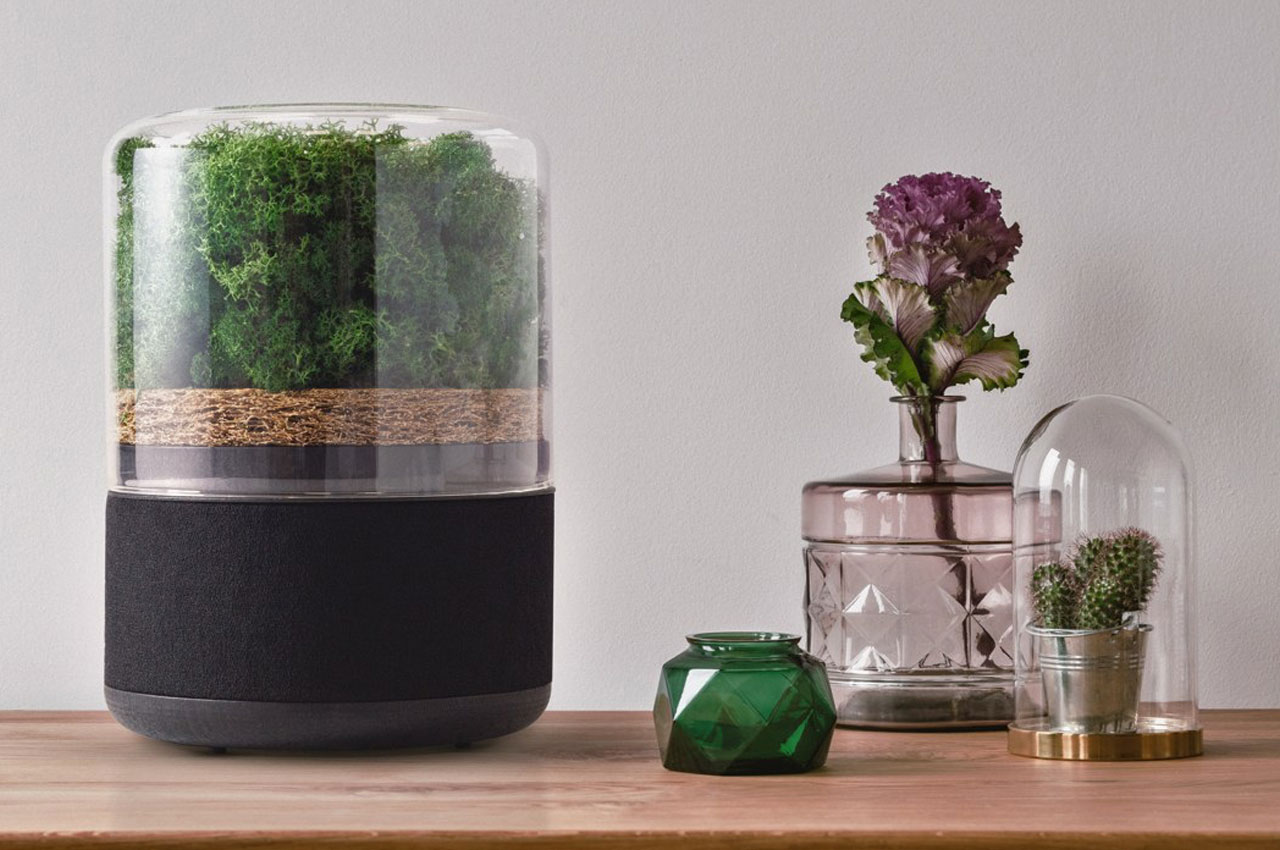
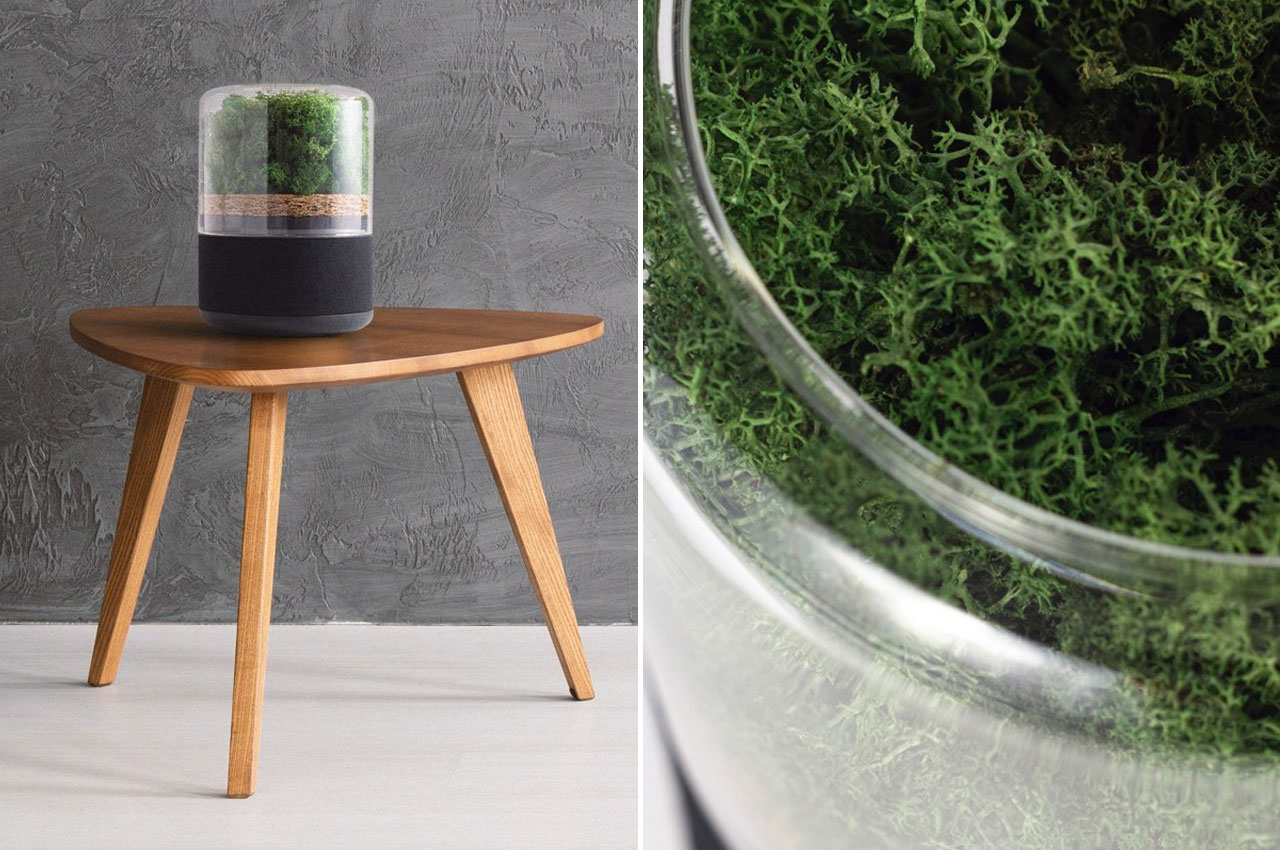
Click Here to Buy Now: BRIIV Air Filter ($339.66)
5. Go for Environmentally Friendly Products
Reduce the use of chemicals in your home by going for eco-friendly products that are good for our health and the environment.
- Replace chemical products with organic ones as they allow us to breathe easier. Some household remedies include using white vinegar to remove mold, applying toothpaste for cleaning silverware, and making your cleaner with vinegar and baking soda.
- Baking Soda is an excellent natural deodorizer that can eliminate clinging odors from carpets. To neutralize and deodorize your carpet or upholstered furniture, sprinkle some baking soda, let it sit for some time, and then vacuum it up.
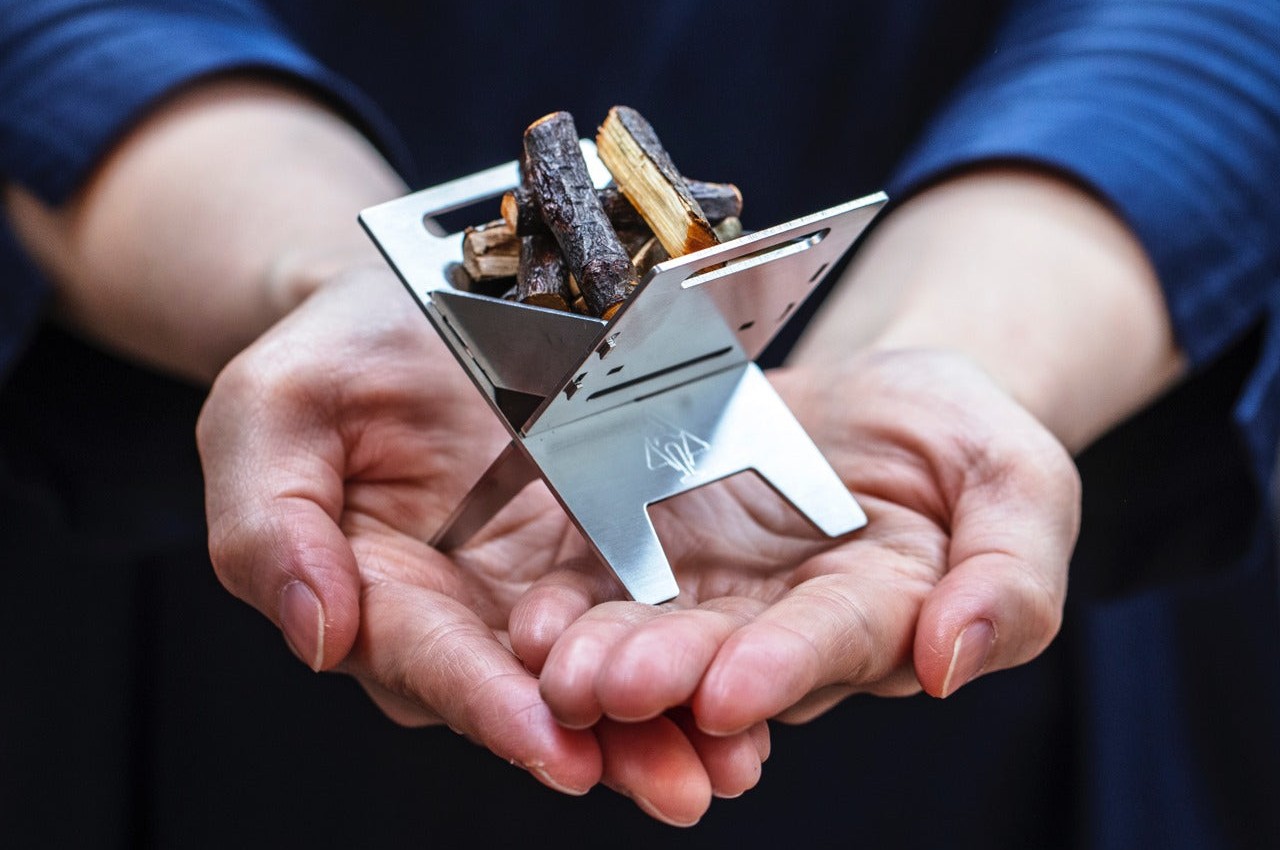
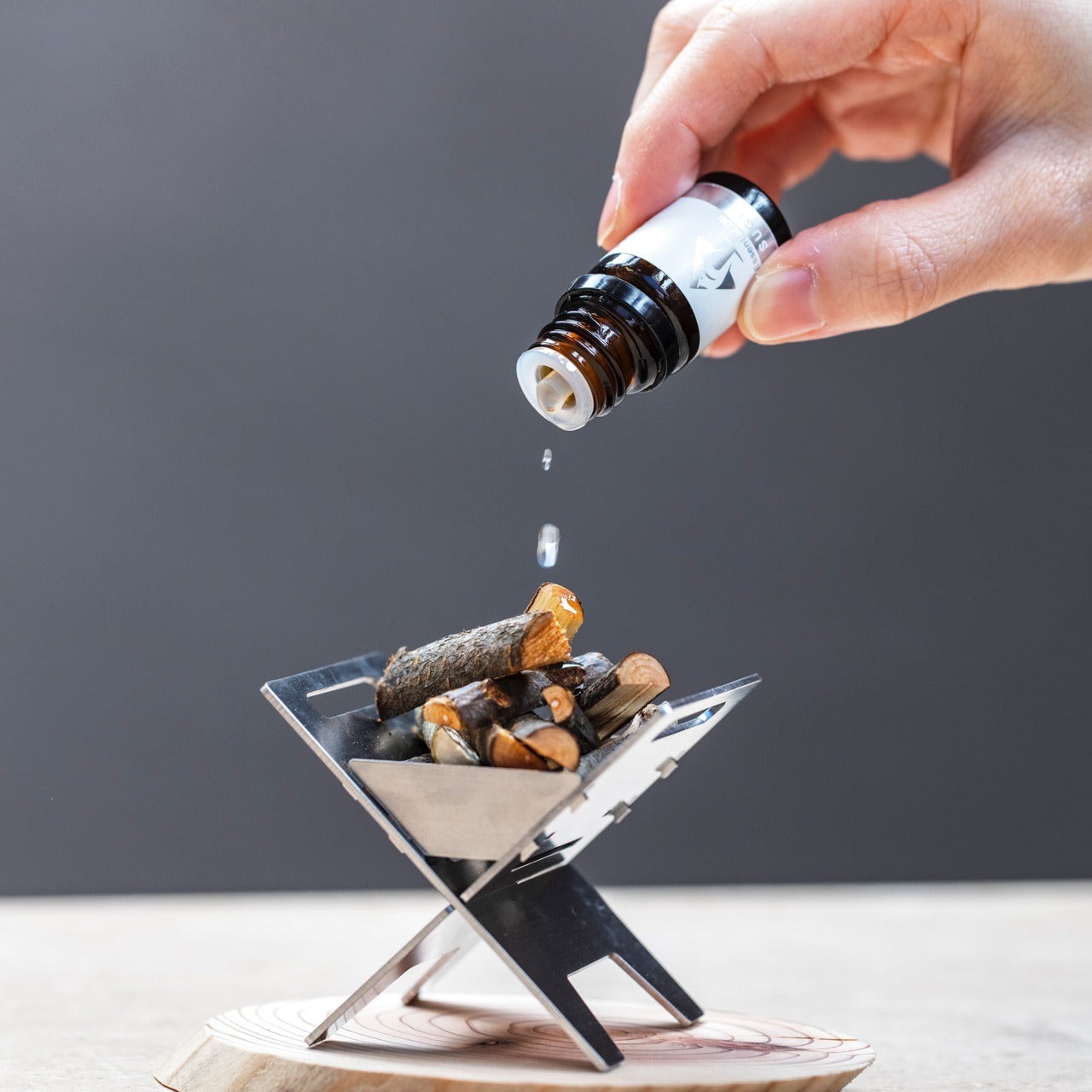
Click Here to Buy Now: Miniature Bonfire Wood Diffuser Set ($99)
6. Choose Organic Products
Switch from synthetic products to natural materials and fibers.
- Materials like bamboo and natural linoleum made from linseed oil are a perfect alternative for flooring. Natural fiber carpeting such as wool, sisal, cotton, or jute that are made with solvent-free adhesives provides a healthier flooring alternative.
- Invest in an organic mattress and pillow so one does not inhale or absorb harmful chemicals, as our head and body are in direct contact with this material. One can also go for an organic mattress topper as a barrier between conventional and bedsheets. Conventional mattresses are primarily made of polyurethane foam, dyes, flame retardants, and adhesives that may contribute to releasing VOC chemicals into the air. So opt for natural latex- or coir-based mattresses that are manufactured using a chemical-free process. Avoid a synthetic pillow and opt for an organic raw infill material like natural latex, organic cotton, or kapok.
- Processed food can contain chemicals and pesticides, so replace them with whole organic foods. Most of the contents of canned food are full of chemical additives used to increase the shelf life.
- Go for safe personal skincare and beauty products manufactured with safe ingredients that are not harmful to the body. Only use deodorants free of chemicals like parabens, phthalates, triclosan, and aluminum.
- Conventional wax candles are made with synthetic fragrance and paraffin wax, a by-product of petroleum jelly with the natural smell of beeswax with essential oils. Alternatively, go for an essential oil diffuser for your home.
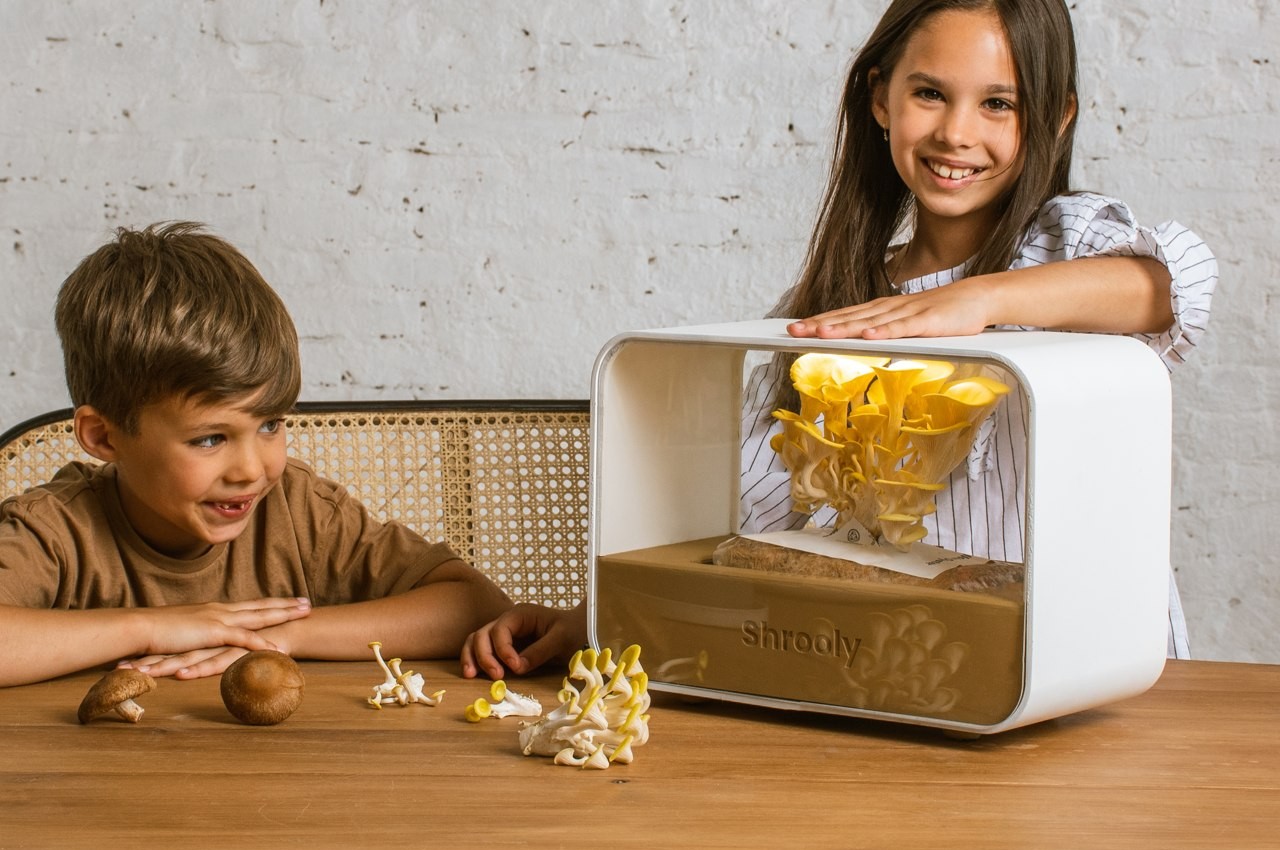
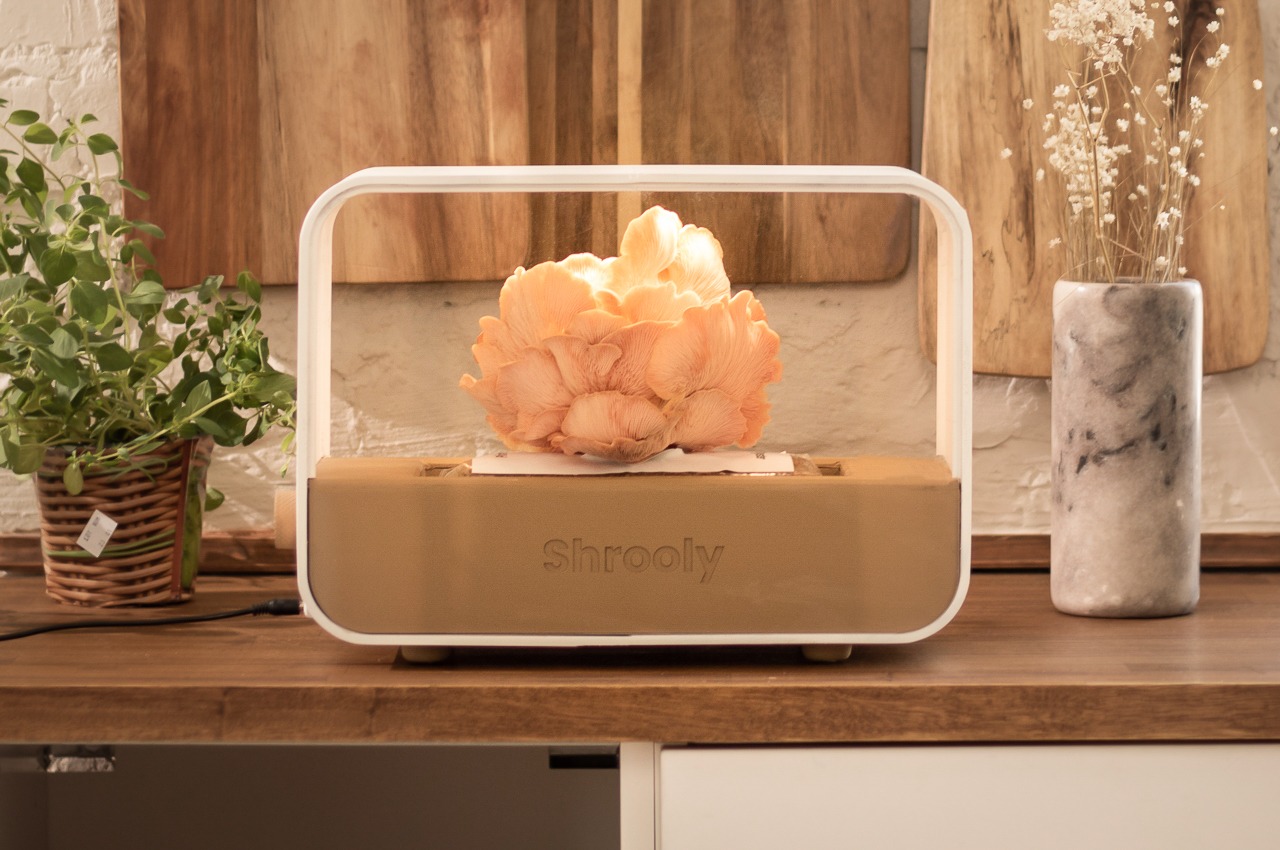
Click Here to Buy Now: Shrooly ($299)
7. Control Dampness
Check the growth of mold and mildew by controlling dampness, as it is a health hazard that can cause various respiratory infections or allergies.
- Good ventilation can control and decrease the moisture levels within the home.
- Fix leaky pipes or cracks that may allow water penetration from outdoors to indoors.
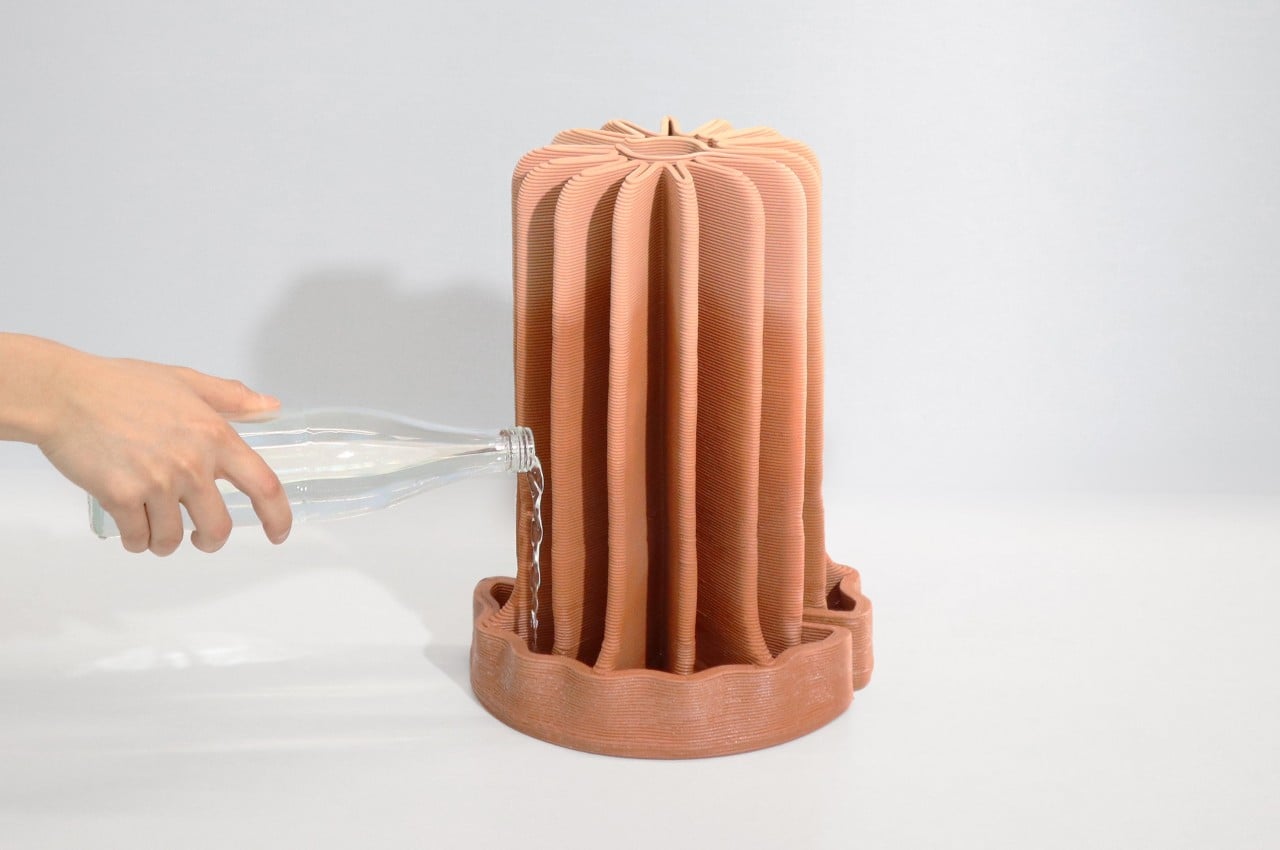
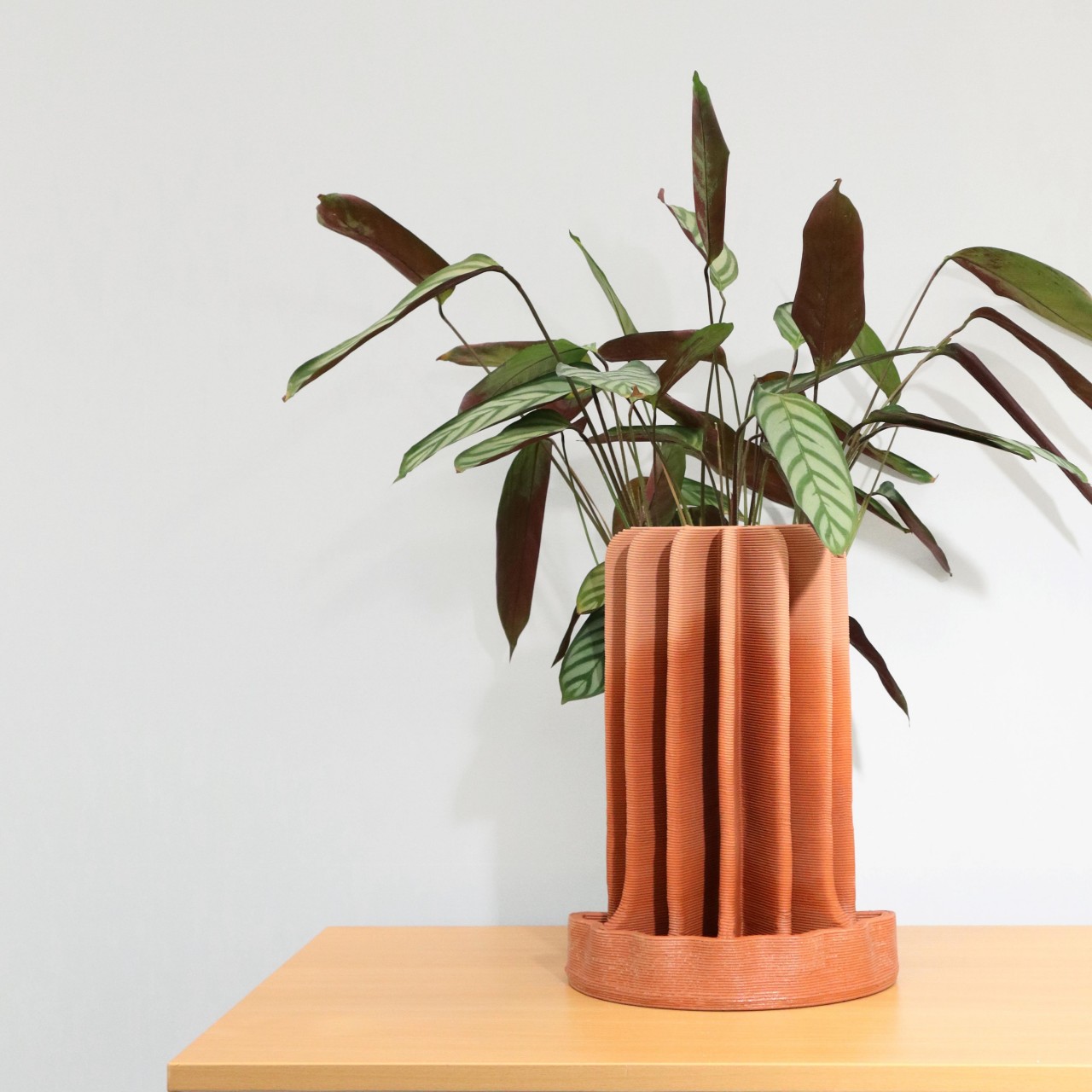
8. Introduce Indoor Plants
Create a beautiful connection with plants to enliven the space; it is a natural way of bringing in more oxygen indoors.
- Houseplants have excellent air purifying properties and can purify indoor air from pollutants and other toxins like mold spores, bacteria and other microorganisms, and VOCs.
- Some of the air purifying plants by NASA include Boston fern and spider plants, which can also boost the well-being of your home.
- Choose low-maintenance indoor plants that require less watering.
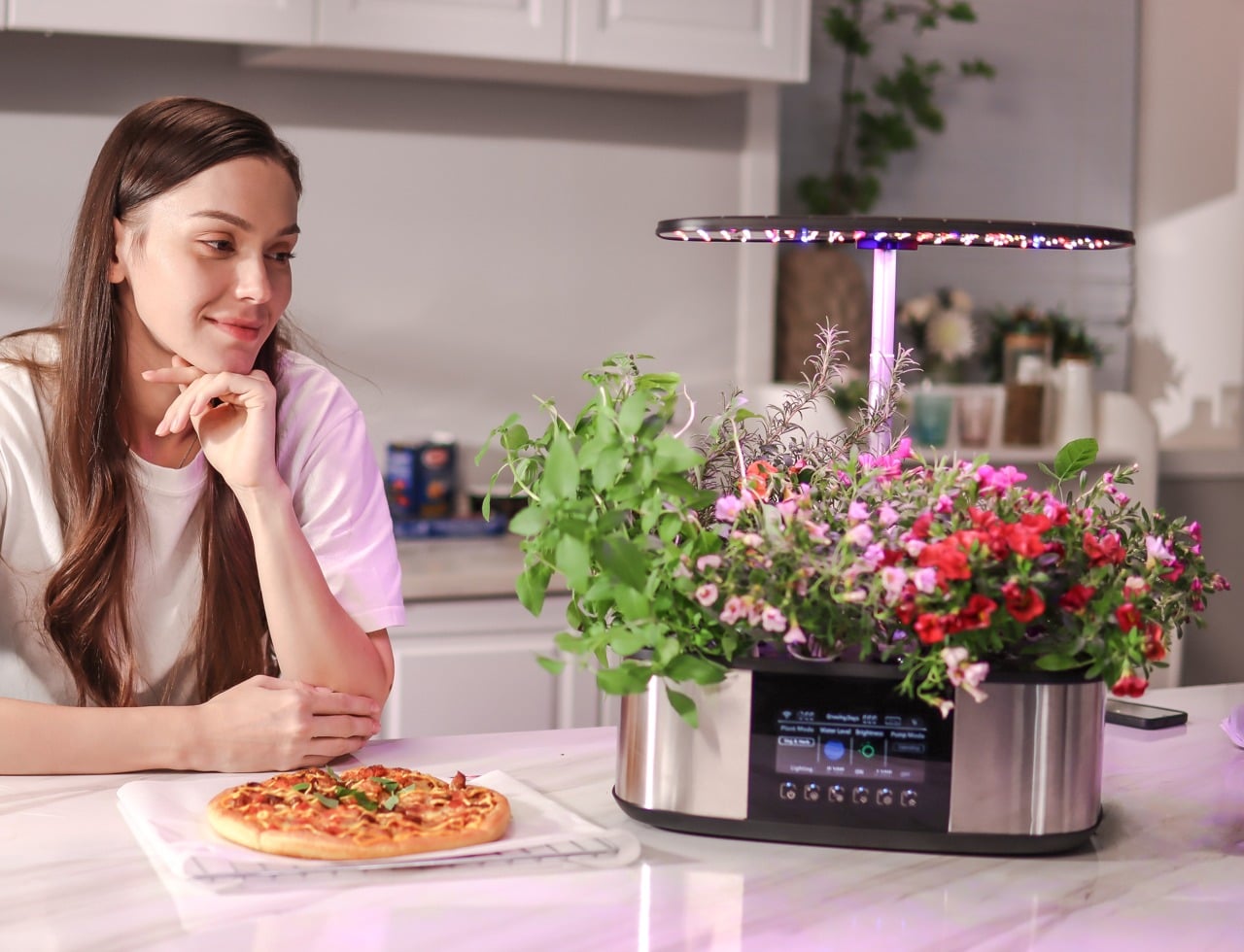
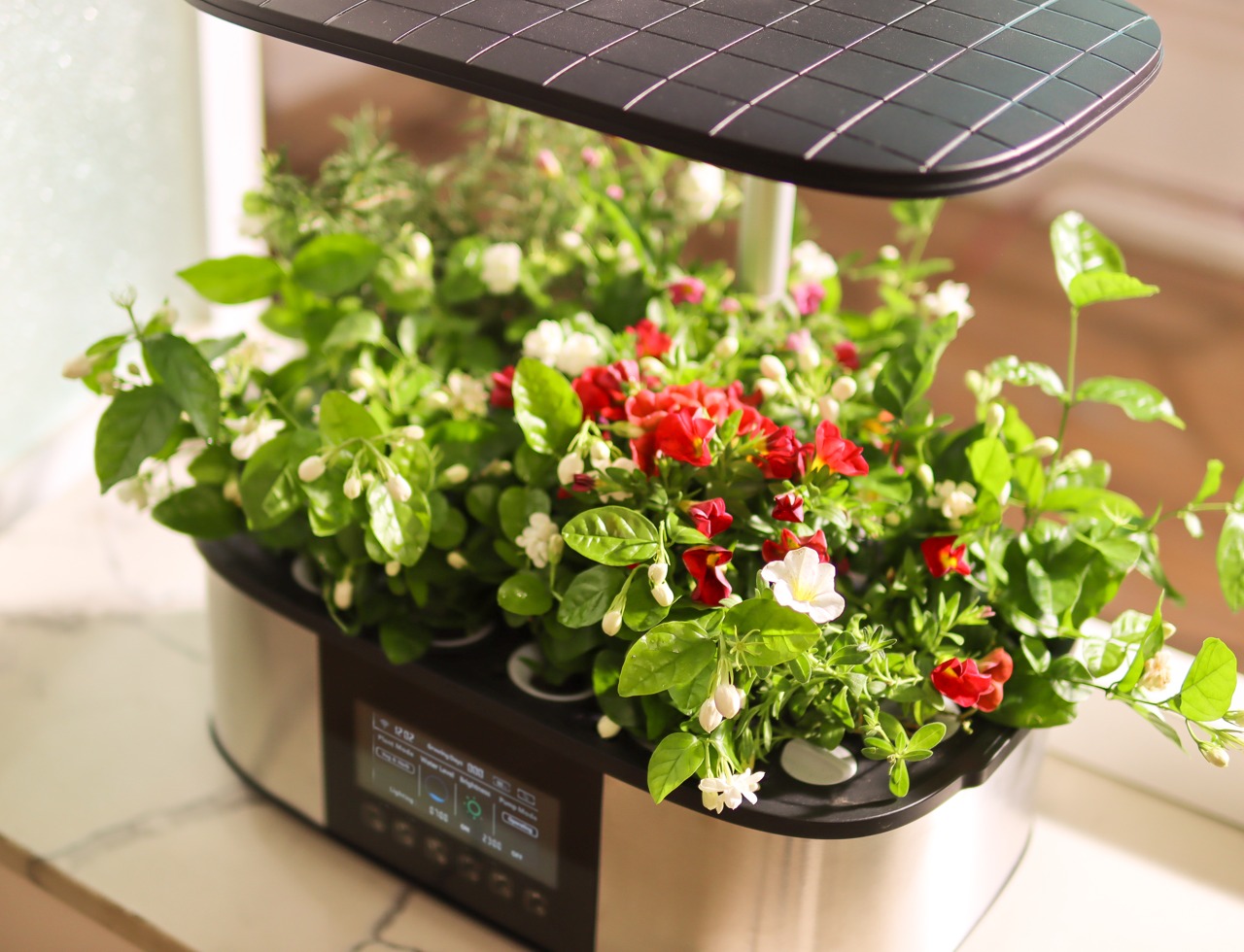
Click Here to Buy Now: LetPot LPH-Max ($229)
Go ahead and enjoy a chemical-free home sans toxins and harmful elements that may harm your loved ones.
The post 8 Ways to a healthier and toxic-free home first appeared on Yanko Design.
No comments:
Post a Comment